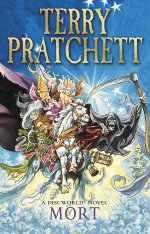ChloeTzang
Literotica Guru
- Joined
- Apr 14, 2015
- Posts
- 19,704
I've been re-reading Richard Dawkins' The Ancestor's Tale, which is a backwards journey through human evolution. It starts with the present and then proceeds back in time with each successive chapter discussing the point where humans share a common ancestor with other species, until we get back to the origin of life. It's eye-opening and interesting. Dawkins is an engaging writer for a scientist.
I read that a while ago and really enjoyed it. It's a great way to look at our evolution as a species.

